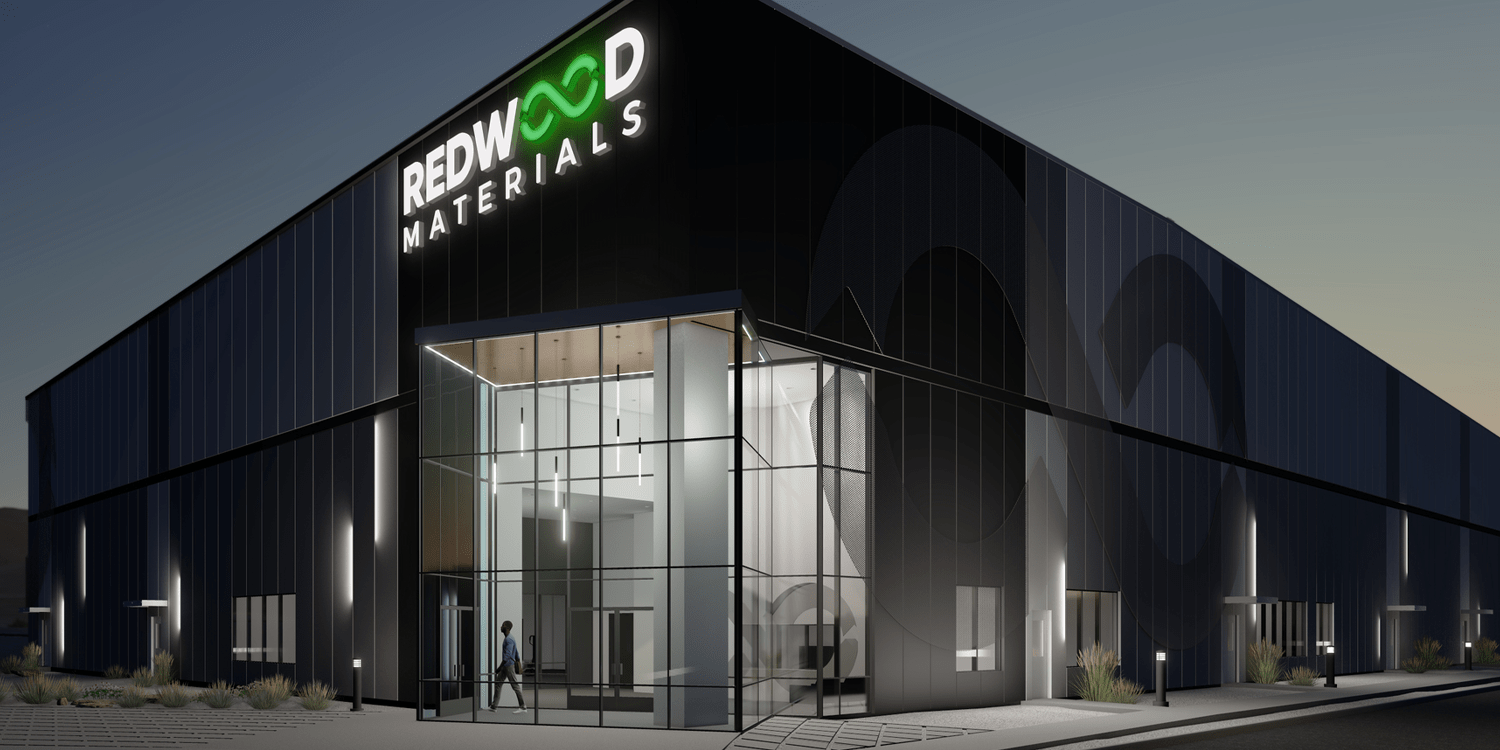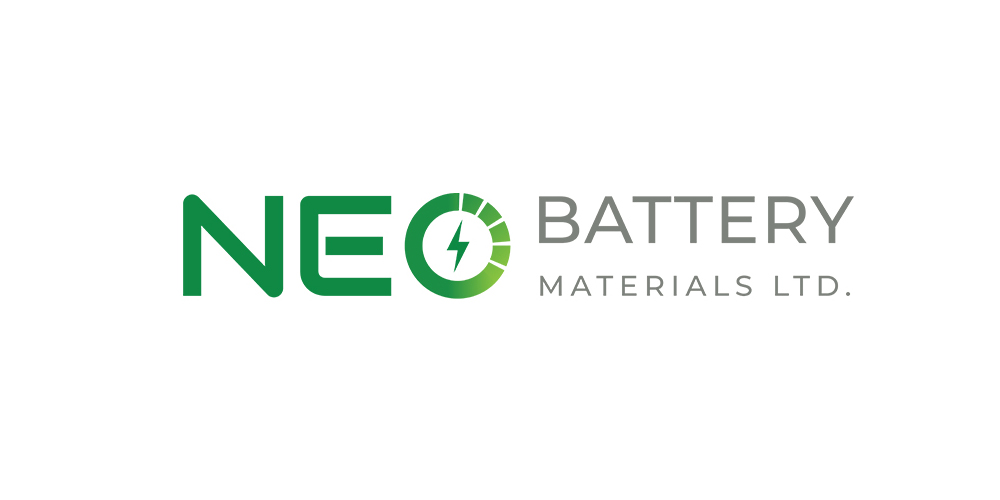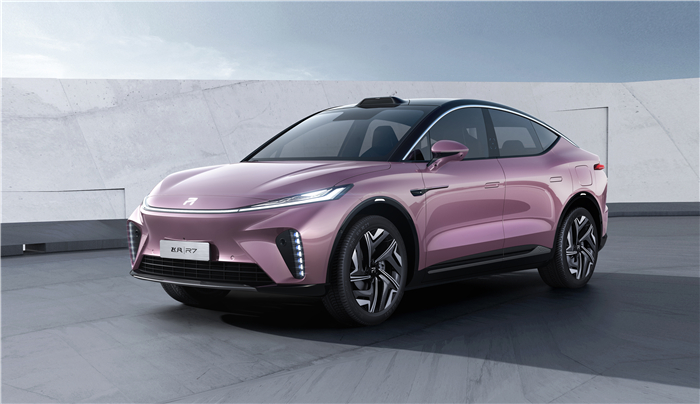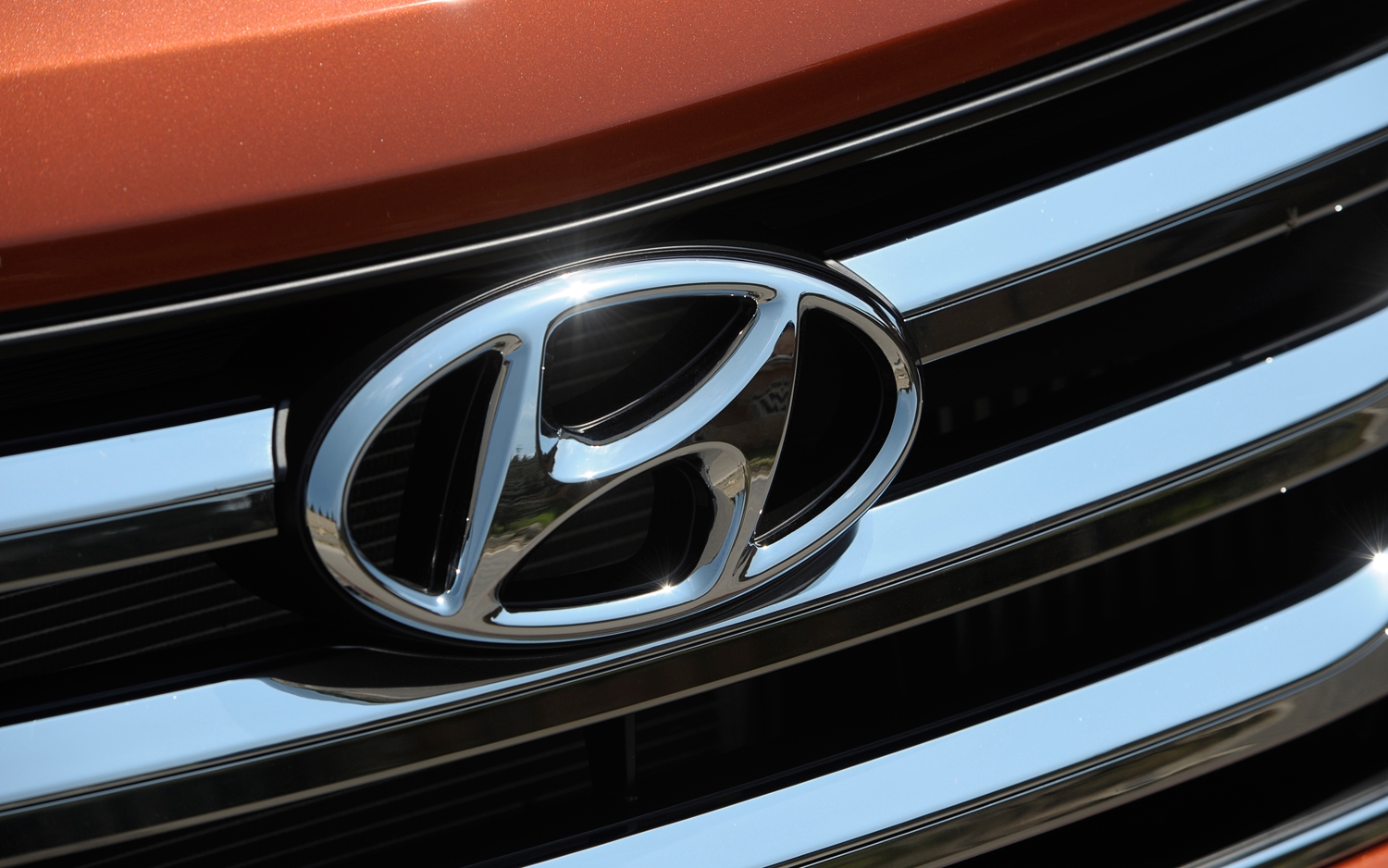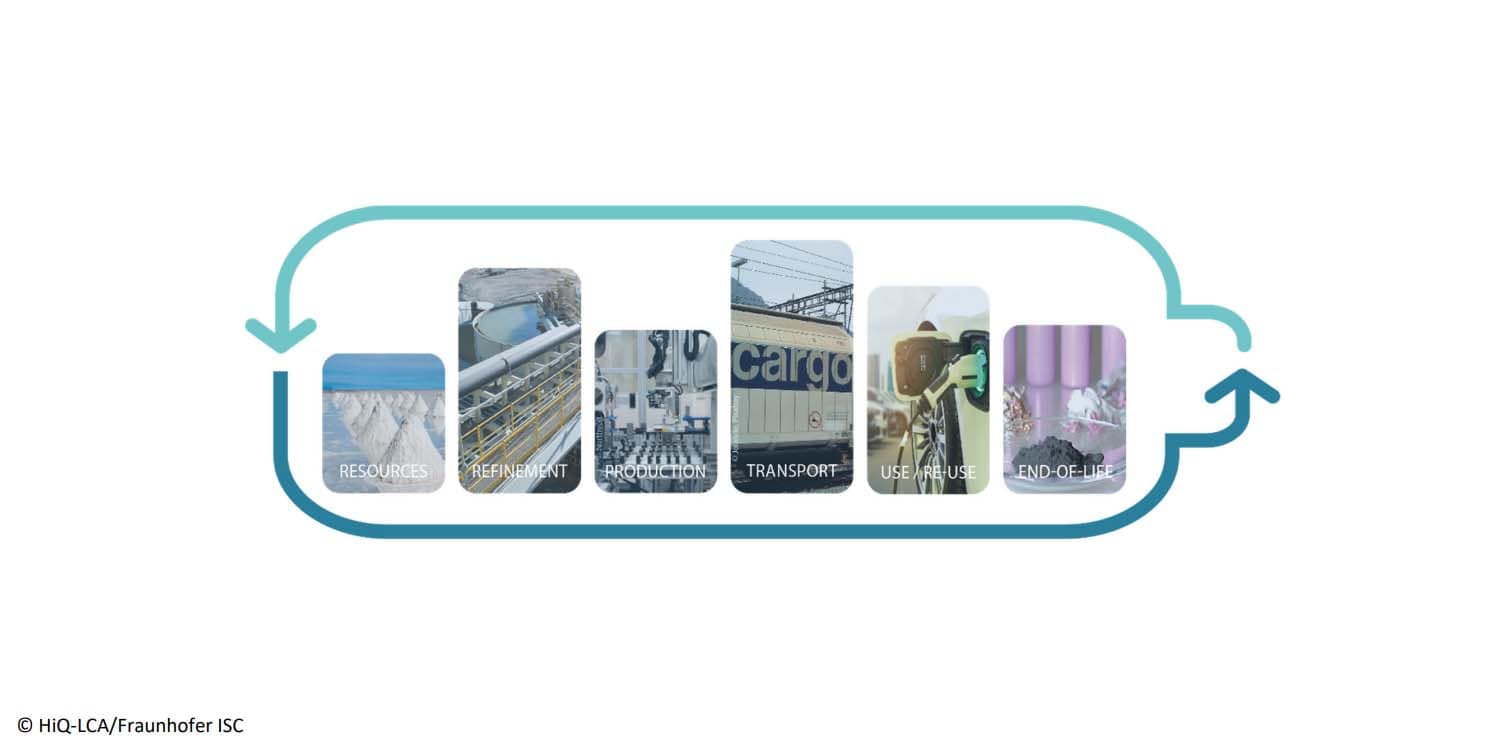Battery recycler Redwood Materials has successfully raised $1 billion in its recent Series D funding round. The company, co-founded by former Tesla chief technology officer JB Straubel, has outlined its intention to utilize the funds to enhance recycling capabilities and further expand the battery supply chain within the United States.
Redwood Materials, recognized for its commitment to sustainable battery practices, has garnered attention for its innovative initiatives. Notably, the company had previously unveiled plans to establish a state-of-the-art facility valued at $3.5 billion in Charleston, South Carolina. This facility is earmarked to play a pivotal role in recycling, refining, and manufacturing essential components of anode and cathode for automotive batteries.
An additional boost to Redwood’s endeavors came earlier this year when the battery-recycling pioneer secured a substantial $2 billion loan commitment from the Department of Energy. This financial injection is designated for the expansion of Redwood’s recycling facility located in Reno, Nevada.
The recent injection of funds was led by reputable financial entities including Goldman Sachs Asset Management, Capricorn’s Technology Impact Fund, and funds advised by T. Rowe Price Associates. Collectively, these investments have propelled Redwood’s total equity capital raised to nearly $2 billion.
Goldman Sachs Asset Management Private Equity managing director Sebastien Gagnon emphasized the significance of supporting a local and sustainable battery materials supply chain, particularly in the context of the accelerating electrification trend. Gagnon conveyed his belief in Redwood’s potential to assume a leadership role in the battery materials sector and expressed anticipation in collaborating with the company to foster its growth, a growth that aligns with the ongoing global energy transition.
Central to Redwood’s operations is its recycling facility situated in Nevada, where end-of-life batteries from electric vehicles (EVs) and scraps from automotive production are ingeniously processed. This process yields valuable raw materials that can be effectively employed in the creation of new EV battery cells. JB Straubel underlined the competition with Asia in the battery recycling domain, noting the capital-intensive nature of such projects. He stressed the company’s determination to establish a robust domestic supply chain and manufacturing infrastructure within the United States to address the burgeoning demand for batteries and electric vehicles. However, Straubel acknowledged that there is still a substantial journey ahead before the US supply chain gains dominance in this sector.

